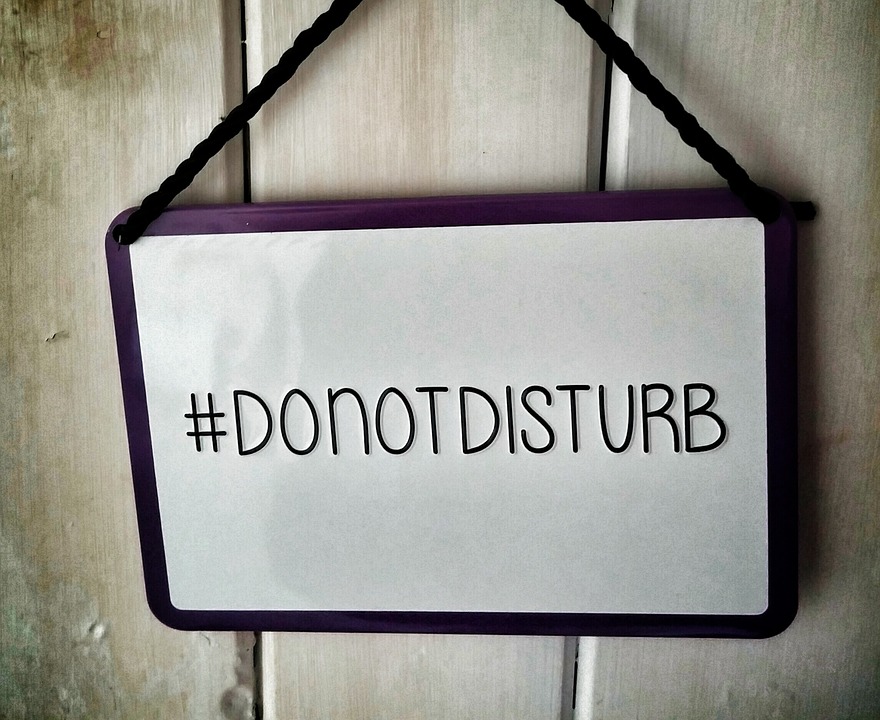As a director, you may have trouble putting your baby in another’s hands. Perhaps you’ve been thinking about your project for years. But working with an editor will be a vital part of being a professional filmmaker, and learning how an editor works can help your film be its best. Here we offer six tips for establishing a relationship with the person who holds the keys to turning your countless hours of hard-earned footage into a film.
- Choose your editor wisely.

You will likely be spending a lot of time with your editor, and there may be tense moments of disagreement, so be sure you choose one you like! It’s important that you get along as well as respect their work. As quoted in this MovieMaker article, Michelle Morgan (L.A. Times) gives this important bit of wisdom: “You should never hire an editor that you don’t want to sit and have a beer with.”
- Let your editor do her job.

Perhaps the biggest mistake a director can make is to micromanage the editing process. Besides the fact that you’ll be stepping on the toes of your editor, who is an artist in her own right, you’ll be less likely to allow for the objectivity of a person who has come to the project relatively late, and who can look at it with fresh eyes.
- Learn how to edit.

This may sound contradictory to the above, but learning what’s possible in the editing process can help you avoid missteps. “I love working with directors who have an understanding of editing,” editor Joi McMillon told MovieMaker, “because I feel like a lot of times when they ask me to do something, and I say, ‘I would love to do that but you don’t necessarily have the material to make that happen,’ they understand.”
- Give your editor a room of her own.

Having a quiet room of one’s own is crucial to the creative process, and this is particularly true for your editor. Perhaps this is your first film and super low budget, but packing your editor into a space with lots of distractions is going to hinder her work.
- Remember the editor is there to serve the story too.

If you find yourself constantly doubting your editor and question her decisions, it may help to remember that she is also there to serve the story. You did not bring her on board to be an automaton, but as a skilled artist who can serve your story best if she is allowed to work with some degree of freedom.
- Give postproduction room to breathe.

Rushing the postproduction process will likely cause thoughtless decisions to impact your film. As The 6 Stages of Editing as a Film Director hints, “Never be afraid to let the first cut ‘rest’ for a few days so everyone involved can see it with fresh eyes.”
Filmmaking is a stressful, deadline-driven business, but you will do your film a disservice if you do not allow a little breathing room, so that you and your editor are not forced to make snap decisions that you’ll regret when you see the finished product on a big screen, with an audience to witness!
